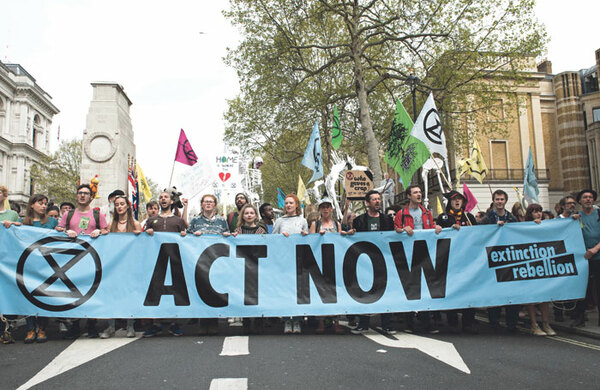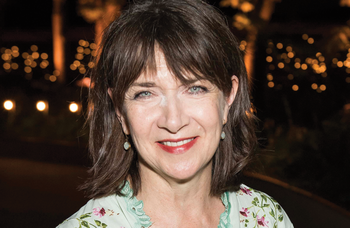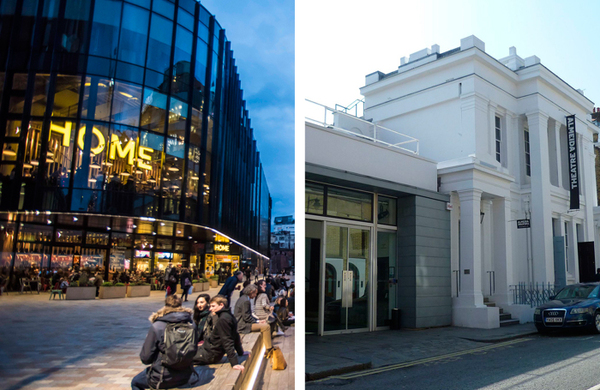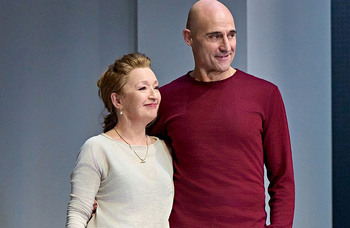Addressing climate change is more important than ever in the arts, says Nicholas Serota
Culture’s role in combatting climate change is more important than ever before, Arts Council England’s chair Nicholas Serota has argued, as the body publishes a four-year action plan for the sector.
In collaboration with environment charity Julie’s Bicycle, the Arts Council has published its latest environmental report, the first to analyse the emissions of ACE’s 2018-22 national portfolio and set out its ambitions for the next four years.
It reveals that in 2018/19, NPOs had a carbon footprint of 114,547 tonnes of CO2e – an amount that would take 115,000 trees a century to absorb. The 379 million kilowatts of energy used by the 747 organisations analysed could power 122,000 UK households and cost £26.7 million in energy bills.
Serota acknowledged that the climate crisis is already at the heart of the cultural sector’s agenda but said the unprecedented warnings from the scientific community mean “the unique role of arts and cultural organisations in supporting the shift in attitudes needed to address climate change is becoming increasingly apparent”.
“We believe that arts and culture can truly make the world a better place, building a more environmentally responsible future. The stakes are high, and this area of work is more important than ever before, but as we embark on the next decade I am confident that the cultural sector will continue to thrive, drive change and make a real difference,” Serota said in a foreword to the report.
The report, Sustaining Great Art and Culture 2018/19, breaks down the carbon footprint of NPOs by discipline for the first time, with theatre organisations, which represent 22% of NPOs, contributing 15% of the portfolio’s total emissions.
Despite making up the joint largest share of total NPOs, with combined arts, theatres do not generate the most emissions.
Theatre is the third highest, after museums (41%) and combined arts (20%).
The 2018-22 portfolio contains 20% more organisations than the previous 2015-18 portfolio, including 184 that are new to environmental reporting.
Findings of the first report reveal that 54% of organisations have installed energy efficient lighting and controls, with 70% actively promoting virtual communications as an alternative to travelling.
49% have produced, programmed or curated work on environmental themes, while 50% have developed new artistic opportunities as a direct result of environmental schemes.
As the first report covering the current four-year NPO cycle, the document also sets out some of the initiatives that have been introduced for the current portfolio.
These include the Accelerator programme, which supports two cohorts of 10 organisations to actively develop new ideas on environmental practice, and Spotlight, which focuses on 30 band-three organisations – the highest funded – and their efforts around energy management and carbon reduction.
Elsewhere, Julie’s Bicycle, in partnership with the Arts Council, is hosting a flagship event next month that promises to bring together speakers from the arts sector and leading climate specialists to explore what the creative industries can do to “push us closer to the future we want”.
We Make Tomorrow will take place on February 26 at the Royal Geographical Society in London.
More about this person
More about this organisation
Production News
More about this person
More about this organisation
Production News
Most Read
Across The Stage this weekYour subscription helps ensure our journalism can continue
Invest in The Stage today with a subscription starting at just £7.99

















